As of 2019, the HVAC industry employed over 530,000 technicians, and that number is expected to grow even more over the next 6 years.
While there are certain licenses and/or qualifications you must have to work in HVAC, (depending on location), one thing’s for sure: if you are to stand out from the average technician and up your chances of getting a good job, the NATE certification is arguably one of the most important certs to have.
What Is NATE?
NATE stands for North American Technician Excellence. Incorporated in 1997, this non-profit organization was created to set a certain standard when it comes to servicing and installing HVAC systems. It has since grown to become one of the most widely recognized HVAC certification in the US.
Why Was NATE Created?
Before NATE was established, there were many complaints by consumers and contractors about recurring callbacks resulting from poor HVAC service. It turned out that many HVAC technicians had inconsistent knowledge and varied experiences. Some would get their info and advice from other techs, some were self taught, and overall, there lacked an agreed-upon standard for what HVAC training should look like. In came the NATE certification.
Why Is It Important to Become NATE Certified?
To be NATE certified means you have met a high standard for technical knowledge. The certification demonstrates that you have gone the extra mile to show you are committed to the trade. It’s like the “Good Housekeeping” stamp of approval that signals that your work can be trusted.
Additionally, being NATE certified comes with a lot of perks. Not only do you become skilled, trained, and capable of providing the best solutions, but it can help you land jobs and earn higher wages. Without a doubt, customers and contractors have a preference for NATE certified HVAC technicians.
What Is the NATE Ready-to-Work Exam?
The NATE Ready-to Work exam is designed for entry-level technicians in the HVAC industry, and it’s a good first step towards earning a NATE certification. This exam tests your knowledge and skills in six core areas.
What Will I Be Tested On in the Exam?
Components
Though it’s not uncommon for HVAC technicians to work on both commercial and residential properties, when considering the Ready to Work Certificate Exam, they must have a concrete understanding of all the components of a residential heating and cooling system. A good place to start is having knowledge of the heat exchanger, blower motor, combustion chamber, condenser, evaporator, and thermostat.
Tools
There are many instances where troubleshooting is necessary to identify the problem, that’s why having the right tools is crucial for any successful HVAC technician. For example; a tech should have easy access to reciprocating saw blades, a vacuum pump, a refrigerant scale, a cordless drill, screwdrivers, pipe wrenches and pliers, tin snips and shears.
Measurements and Units
As an HVAC technician, you must have knowledge of measurement calculations and units as the results often serve as a guide for how to move forward in the field. For example; in order to size an air conditioner for a home you must calculate the right cooling capacity taking into account square footage, BTUs, and the number of people living in the home. Precise measurements ultimately help to maximize the efficiency of the unit.
Basic Heat Transfer
Knowing the basics of heat transfer is useful for an HVAC technician as it may provide insight into a problem when troubleshooting systems that use vapor or steam. Additionally, understanding how the transfer of heat works can help to identify why residential properties are facing certain problems such as being too hot upstairs and too cold downstairs.
General Safety
As a technician, you will need to be aware of the specific safety codes and regulations, potential job hazards, and procedures to follow. This is all to ensure you’re limiting your chances of being put in danger such as; chemical exposure, inadequate equipment, and ladder safety.
Electrical Safety
HVAC technicians are frequently confronted with electrical issues while working on systems, which is why having an understanding and appreciation for electrical safety is so important. For example; you should know when to de-energize equipment, what personal protective equipment (PPE) is and how to use it, and how to test circuits before working on them.
How Much Does the NATE Ready-to-Work Exam Cost?
The NATE Ready-to-Work exam is available online only and includes a downloadable study guide.
You can take the exam anywhere, from any computer. Once passed, you’ll earn a certificate.
- Exam Cost: $50
- Retake Cost: $35
How Can You Prep For the NATE Ready-to-Work Exam?
If you’re a new tech entering the field, taking a prep course before the exam might be helpful to you. While NATE doesn’t offer prep courses directly, you can take this prep course from one of their trusted training partners.
As a new tech entering the HVAC world, getting NATE certified is definitely something you’ll want to consider working towards. NATE-certification signals professionalism and trust in those who have it, upping your chances at better job opportunities and a longer career.










